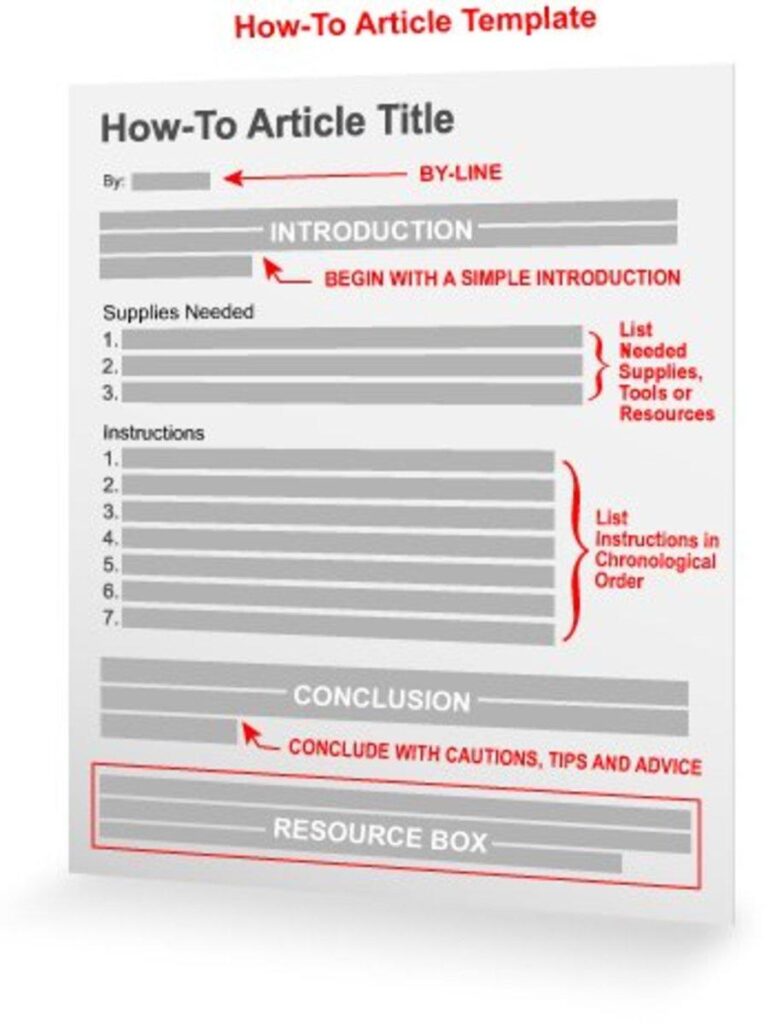President Félix Tshisekedi’s Pivotal Mission to South Africa: Strengthening Peace and Stability in Central Africa
Bolstering DR Congo-South Africa Ties Amid Ongoing Regional Turmoil
President Félix Tshisekedi of the Democratic Republic of the Congo (DRC) recently embarked on a significant diplomatic journey to South Africa, following a groundbreaking peace summit that notably included representatives from the controversial M23 rebel group. This visit highlights intensified regional collaboration aimed at addressing persistent security challenges in eastern DRC, where government forces have long been engaged with multiple armed factions.
The peace forum was designed to foster open dialogue channels targeting resolution of entrenched conflicts destabilizing the Great Lakes region. The participation of M23 delegates attracted widespread international attention, underscoring both obstacles and prospects for sustainable peacebuilding efforts. As Tshisekedi consults with South African officials, global stakeholders remain cautiously optimistic that these diplomatic initiatives will pave the way for lasting stability benefiting not only the DRC but also its neighboring countries.
- Joint Security Initiatives: Coordinated military actions against insurgent groups threatening regional order.
- Economic Partnerships: Collaborative projects aimed at infrastructure development and enhancing cross-border commerce.
- Diplomatic Engagement: Reinforcing communication frameworks to encourage reconciliation among conflicting parties.
This bilateral dialogue also emphasized utilizing multilateral platforms as catalysts for unity across Central Africa. Both nations reaffirmed their dedication to involving international stakeholders while prioritizing affected communities’ voices within peace processes. Key cooperation areas identified include:
| Main Focus Area | Objectives |
|---|---|
| Security Cooperation | Synchronize defense operations targeting armed insurgents |
| Economic Growth | Facilitate seamless trade flows and implement critical infrastructure projects |
| Humanitarian Assistance | Coordinate aid delivery for displaced populations impacted by conflict-related crises |
The Role of M23 Rebels: Navigating Complexities in Regional Peace Efforts
The recent summit cast renewed light on the intricate role played by the M23 rebel faction within eastern DRC’s fragile environment. Often viewed simultaneously as disruptors and potential negotiation partners, their inclusion marks a pragmatic shift toward embracing all relevant actors-including armed groups-in pursuit of durable reconciliation.
This inclusive approach echoes successful conflict resolution strategies such as those employed in Northern Ireland, where integrating paramilitary groups into political dialogues helped reduce decades-long violence through power-sharing agreements.
- Tangible Impact on Civilians: The group’s activities significantly affect local security conditions and humanitarian needs across eastern provinces.
- Broad International Concern:M23’s operations have drawn attention from neighboring states and global organizations advocating peaceful resolutions.
-
The Necessity of Inclusive Dialogue:
Involving rebel factions is crucial for comprehensive peace plans addressing military confrontations alongside political grievances.Thematic Focus Description Security Influence M23 presence shapes local stability dynamics affecting negotiation progress. Humanitarian Ramifications Escalations worsen displacement crises demanding urgent humanitarian response. Political Integration Potential Engagement with rebels opens avenues toward more inclusive governance structures. The consequences extend beyond national boundaries as neighboring countries grapple with refugee inflows and cross-border insecurity linked to unrest inside DRC territory. South Africa’s emerging mediator role reflects evolving regional diplomacy trends emphasizing understanding armed actors’ motivations as essential for effective conflict management.
Excluding such groups risks perpetuating cycles of violence; conversely, fostering dialogue encourages recognition of diverse perspectives vital for enduring solutions.
Furthermore, increased involvement from African Union members alongside international agencies signals acknowledgment that coordinated multilateral efforts are indispensable when confronting insurgencies rooted in deep historical grievances.
Ultimately, tackling these multifaceted challenges demands integrating security interventions with political reforms focused on healing longstanding wounds-a holistic strategy highlighted throughout discussions advocating comprehensive rather than piecemeal approaches.
A Blueprint for Advancing Diplomatic Initiatives Across Central Africa
Sustained advancement towards regional stability requires an all-encompassing diplomatic framework characterized by inclusivity-engaging governments, civil society organizations, grassroots communities-and critically including armed opposition willing to participate constructively. Such broad engagement fosters transparency while cultivating mutual trust necessary for forging resilient agreements tailored to Central Africa’s unique socio-political landscape.
Mediators must bring deep insight into historical tensions coupled with current realities shaping conflicts here; this expertise enables crafting nuanced solutions resonating authentically with affected populations.
Consistent backing from international bodies paired with dependable funding streams remains vital. Establishing rigorous monitoring mechanisms ensures accountability while allowing adaptive responses aligned with shifting ground realities.
The strategic use of digital communication tools further amplifies stakeholder interaction efficiency-facilitating broader outreach beyond conventional forums-an increasingly critical asset amid ongoing pandemic-related travel constraints impacting face-to-face negotiations worldwide.
Diplomatic Approach Anticipated Outcome Nurturing Inclusive Dialogues Enhanced Trust Among Stakeholders Elevating Local Voices Within Negotiations Greater Community Ownership And Support Diligent Oversight And Evaluation Improved Transparency And Adaptive Responsiveness Expanded Engagement And Information Exchange Paving the Way Toward Enduring Peace: The Crucial Role of Continued Diplomacy in the Great Lakes Region
The recent visit by President Félix Tshisekedi represents a defining moment reinforcing momentum toward stabilizing eastern Democratic Republic of Congo after decades marked by turmoil largely driven by clashes involving factions like M23 rebels.This initiative aligns closely with continental ambitions promoting peaceful coexistence through constructive engagement rather than exclusionary policies.
If effectively realized, commitments made during these dialogues could yield tangible benefits impacting millions directly or indirectly affected by ongoing instability spanning border regions shared among Uganda, Rwanda, Burundi-and others grappling simultaneously with spillover effects originating from Congolese unrest.
Ahead lies a challenging yet hopeful path requiring steadfast dedication from all involved parties combined with sustained external support focused on nurturing environments conducive to reconciliation and rebuilding.In doing so,the Great Lakes region may finally experience transformative change ushering an era defined lessby conflictandmoreby shared prosperityandsecurityfor generations ahead .

